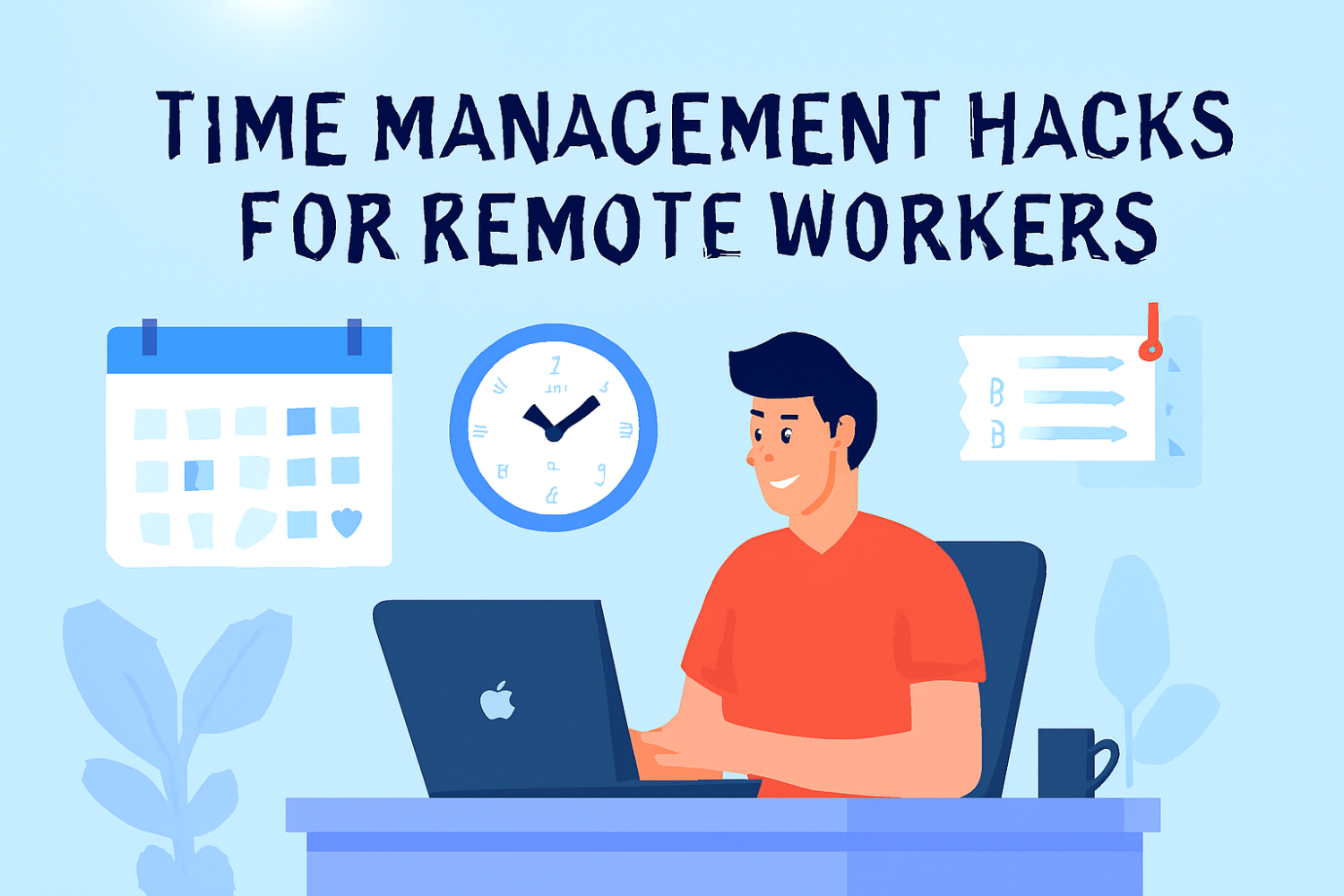The Ultimate Beginner's Guide to Freelancing in 2025

Choosing Your Niche: Where to Start
When considering how to start freelancing, one of the most crucial steps is to choose the right niche. Understanding your skills and interests is the foundation for selecting a profitable freelancing niche. Begin by conducting a self-assessment: list your skills, experiences, and passions. Are you proficient in writing, graphic design, programming, or digital marketing? Identify what truly excites you, as passion often translates into motivation and commitment in the freelance marketplace.
Once you have a clear understanding of your strengths and interests, it is essential to analyze market demand. Research current trends in freelancing in 2025 to uncover which skills are in high demand. Popular niches include web development, content creation, social media management, and virtual assistance. Utilize platforms such as Upwork and Fiverr to explore what services are being offered and how much freelancers are charging. This process will help you gauge demand and competition in your potential niche.
Validating your niche idea is the next vital step. Engage in online communities, forums, and social media groups related to your area of interest. Ask for feedback on your proposed services or ideas from experienced freelancers and potential clients alike. This insider perspective can offer invaluable insight into the feasibility of your niche.
In addition to market demand, consider how you can leverage your personal interests in your niche selection. By aligning your freelance work with what you love, you’ll not only find more enjoyment but could also stand out in a crowded market. Remember, when you're just starting freelance jobs as a beginner, focusing on a specific niche allows you to build expertise, enhancing your appeal to prospective clients and increasing your chances of success in the freelancing landscape.
Building Your Portfolio: Showcasing Your Work
For anyone considering how to start freelancing, particularly in a competitive landscape such as freelancing in 2025, establishing a compelling portfolio is essential. A well-crafted portfolio not only demonstrates your capabilities but also serves as a tangible representation of your skills and expertise, making it a vital tool for attracting potential clients. For beginners, accumulating a diversity of work samples is a fundamental step. This may involve creating mock projects or utilizing any freelance jobs for beginners that provide opportunities to build your portfolio.
Start by identifying the type of freelance work you are most interested in, then compile relevant samples. For instance, if you wish to pursue graphic design, create pieces that showcase different styles and techniques, ensuring they reflect your unique artistic voice. Additionally, consider developing case studies that detail your project processes, successes, and client feedback. This comprehensive approach not only demonstrates what you can do but also reinforces your problem-solving abilities and effectiveness in a realistic work environment.
Moreover, free or volunteer projects can significantly boost your portfolio, especially when one has no experience freelancing. These projects allow you to gain hands-on experience while contributing to causes you value, thus enhancing your credibility. Many nonprofits or startups often welcome assistance, providing an ideal platform for honing your skills.
To further strengthen your portfolio, consider leveraging popular online platforms designed for this purpose. Websites like Behance, Dribbble, or personal domains can enhance your visibility and allow for more professional presentation. Presenting a polished and professional image is crucial for establishing trust with potential clients. In conclusion, a strong portfolio, carefully curated with thoughtful work samples and professional presentation, is indispensable for those eager to start freelancing step by step.
Finding Clients: Strategies for Success
As you embark on your journey into freelancing in 2025, understanding how to start freelancing effectively is paramount, especially when it comes to finding clients. There are various methods for beginners to secure freelance jobs, with approaches ranging from traditional networking to leveraging modern digital platforms.
First and foremost, think about where your potential clients are likely to be. Job boards tailored to freelance work, such as Upwork, Fiverr, or Freelancer, are excellent starting points. These platforms allow you to create a profile showcasing your skills and expertise, even if you have no experience freelancing yet. You can bid on projects that align with your interests, progressively building your portfolio and client base. In addition to these platforms, consider exploring niche-specific sites that cater to your area of expertise.
Networking remains a powerful tool for finding clients. Attending industry events, workshops, or even local meetups can provide opportunities to connect with potential clients and other freelancers. Establishing relationships within your industry will also open doors for referrals. Online communities and forums related to your field can be beneficial as well; participate actively to showcase your knowledge and skills, which could, in turn, lead to collaboration or job offers.
Utilizing social media platforms is another effective strategy to attract clients. Platforms like LinkedIn, Twitter, and Instagram can be excellent venues to showcase your work, share valuable content related to your niche, and engage with potential clients. Make sure your profiles are professional and reflect your personal brand. Crafting tailored proposals when you do find opportunities is essential; express how your skills meet the client's needs while maintaining clarity and professionalism.
By implementing these strategies, you will enhance your ability to find clients and secure freelance jobs for beginners. Remember, persistence and adaptability are key as you start freelancing step by step.
Growing Your Freelance Career: Tips for Long-Term Success
As you embark on the journey of how to start freelancing, it is essential to focus not just on acquiring initial clients but also on strategies that foster long-term success. A key aspect of sustaining a freelance career is establishing strong relationships with clients. Client retention can be enhanced by delivering consistent quality of work, meeting deadlines, and communicating effectively. Ensuring that clients feel valued through regular check-ins and follow-ups can significantly contribute to fostering loyalty and increasing the likelihood of repeat business.
Additionally, actively seeking referrals can substantially grow your client base. Satisfied clients often become your best advocates, and by encouraging them to refer you to their networks, you can generate new opportunities. Consider implementing a referral program that rewards existing clients for bringing in new business, thus incentivizing them to promote your services further.
Moreover, diversifying income streams is an effective way to bolster your freelance career. With the rise of freelancing in 2025, many freelancers are exploring various avenues—such as offering multiple services, creating digital products, or engaging in affiliate marketing. By branching out, you reduce the risk of reliance on a single source of income, allowing for greater financial security.
Continuous learning is vital for staying competitive in the freelance marketplace. Invest time in improving your skills through online courses, workshops, or mentorship programs, especially if you are a beginner in freelance jobs for beginners. Gaining new skills not only enhances your service offerings but also boosts your confidence as you take on more complex projects.
Building a personal brand is another critical element in your freelance journey. A strong personal brand establishes authority and trust with potential clients. Ensure that your online presence, including your portfolio and social media profiles, aligns with your brand identity. Finally, while pursuing a successful freelancing career, maintaining a work-life balance is crucial. Allocate time for personal interests and rest, which ultimately contributes to creativity and productivity in your freelance endeavors.









